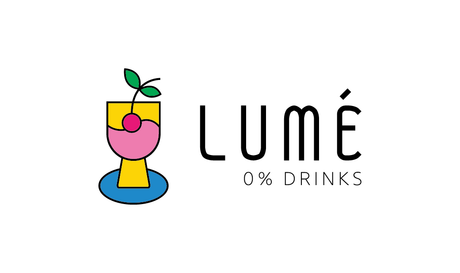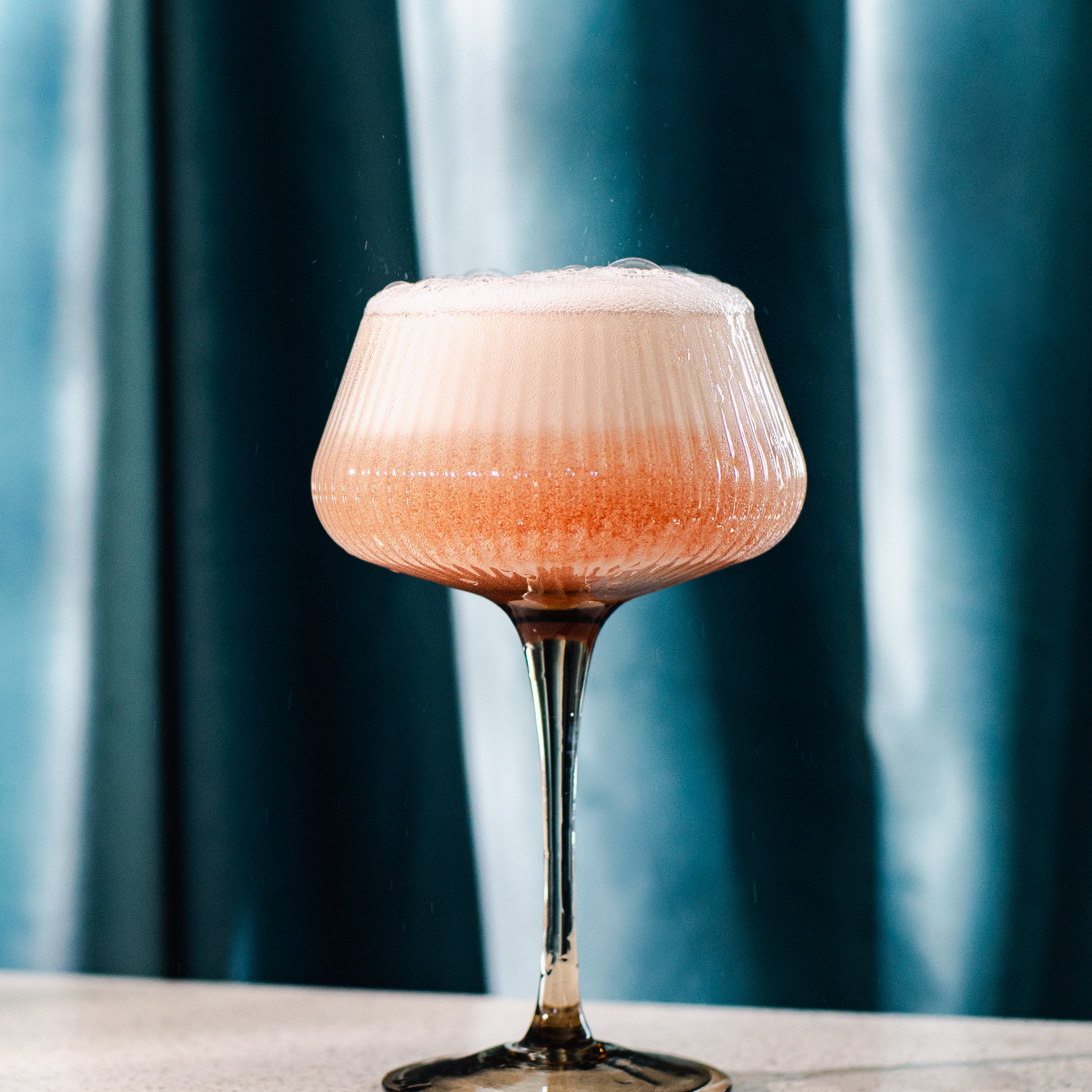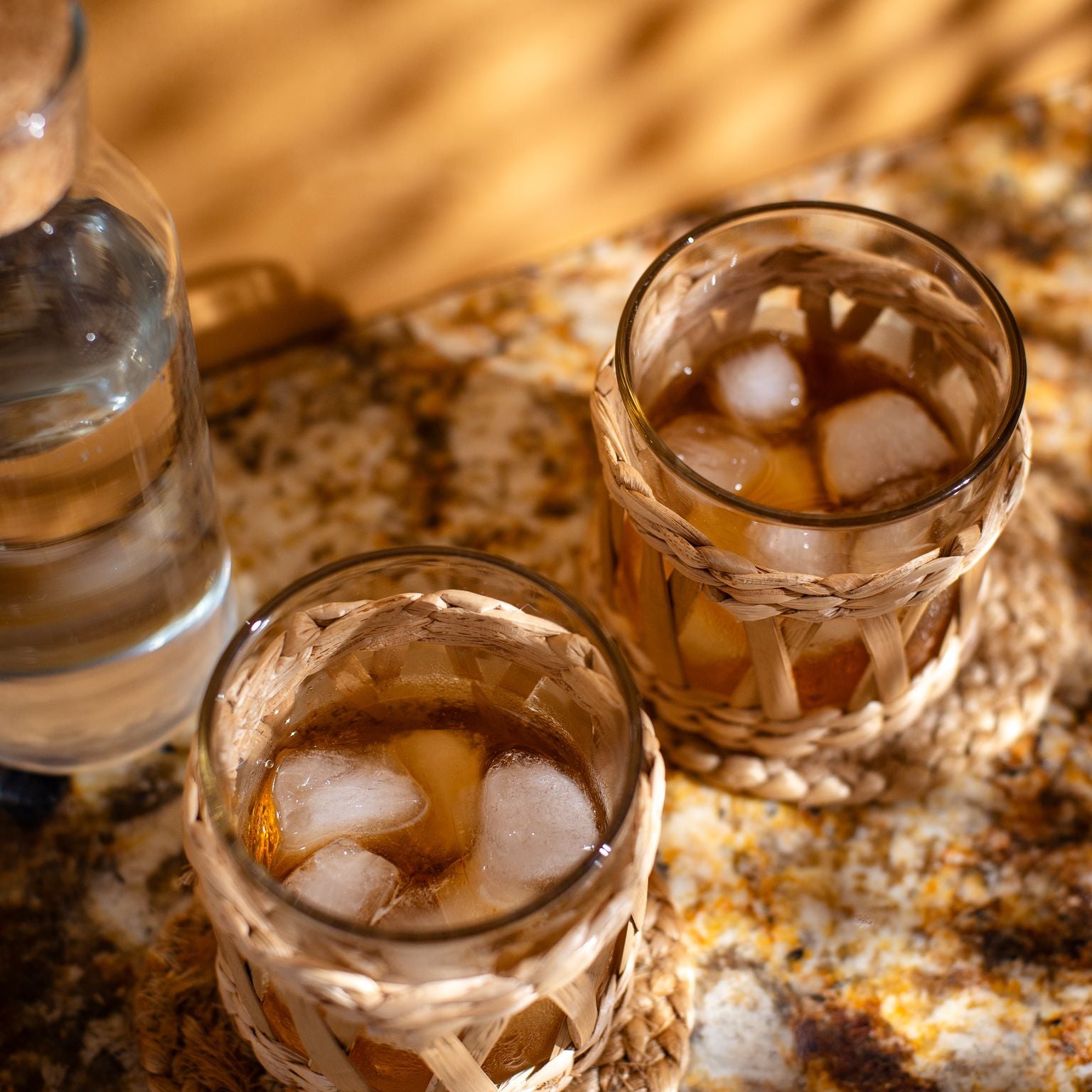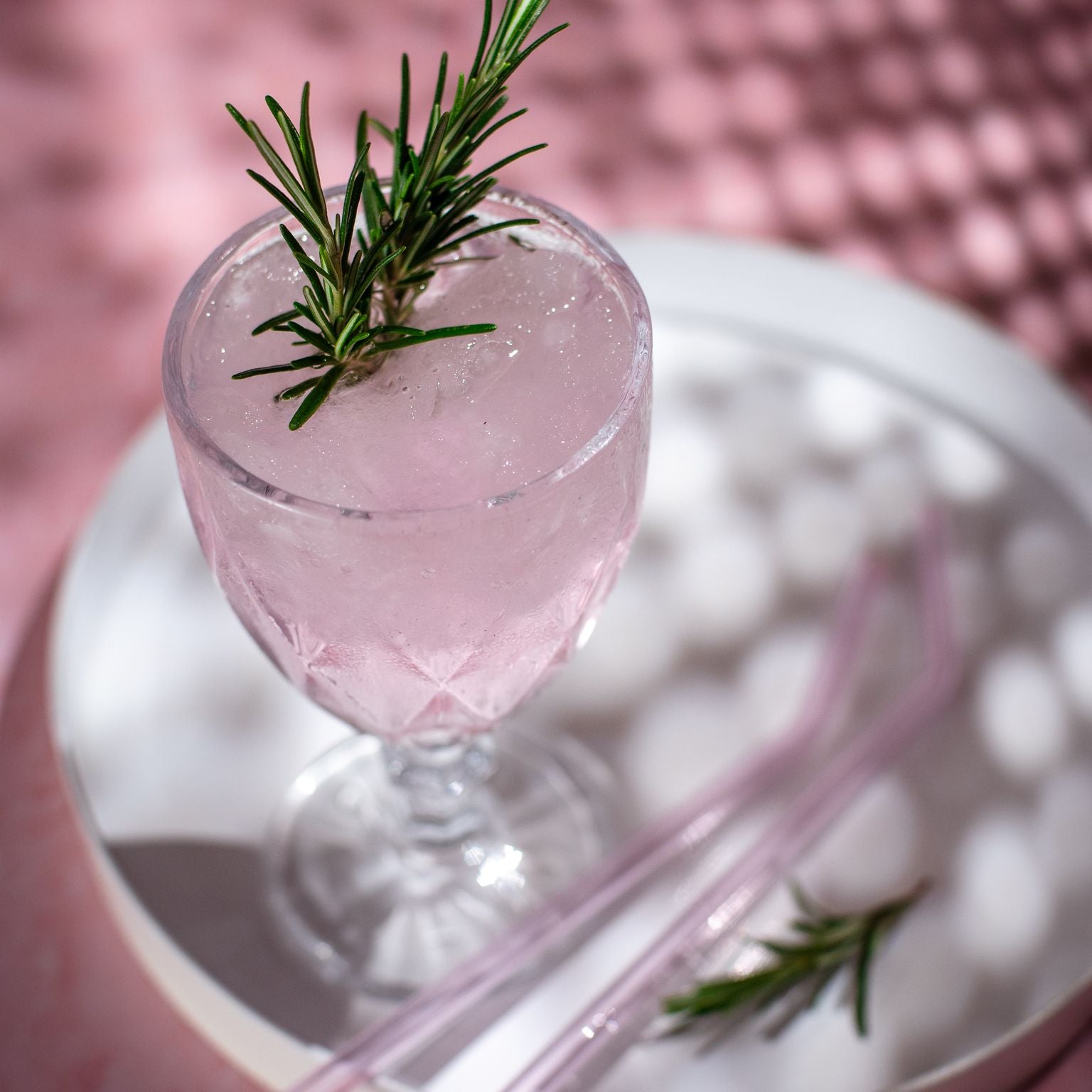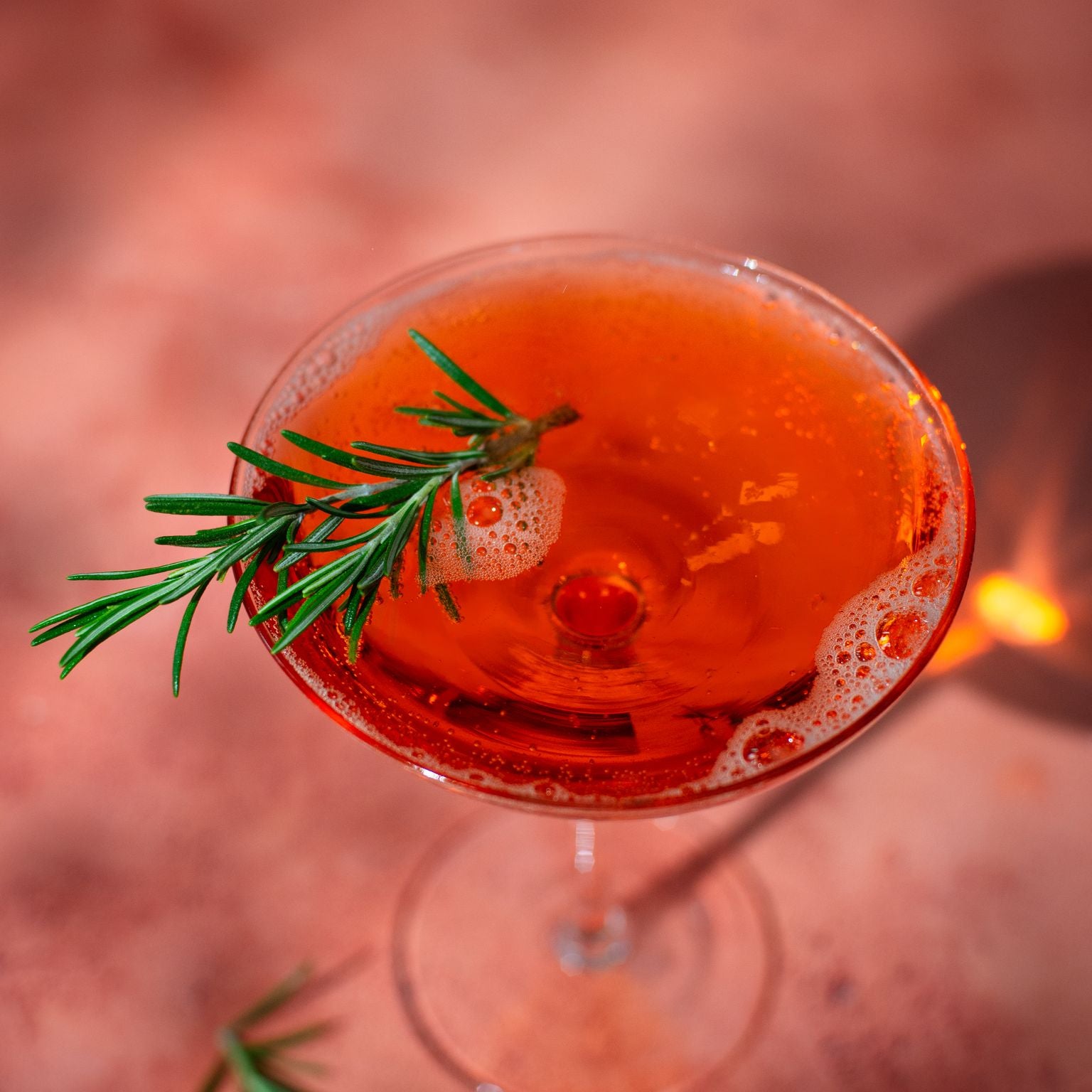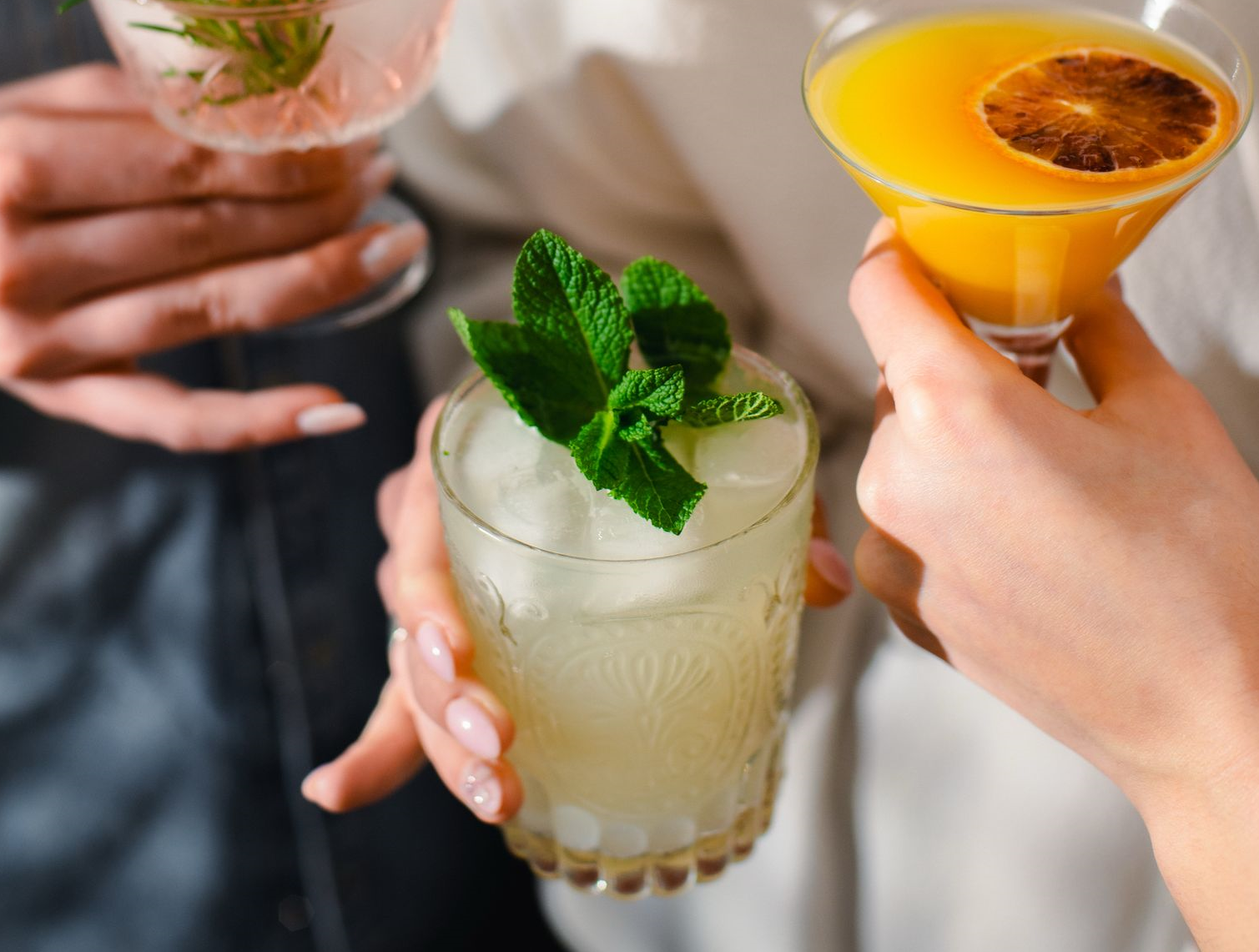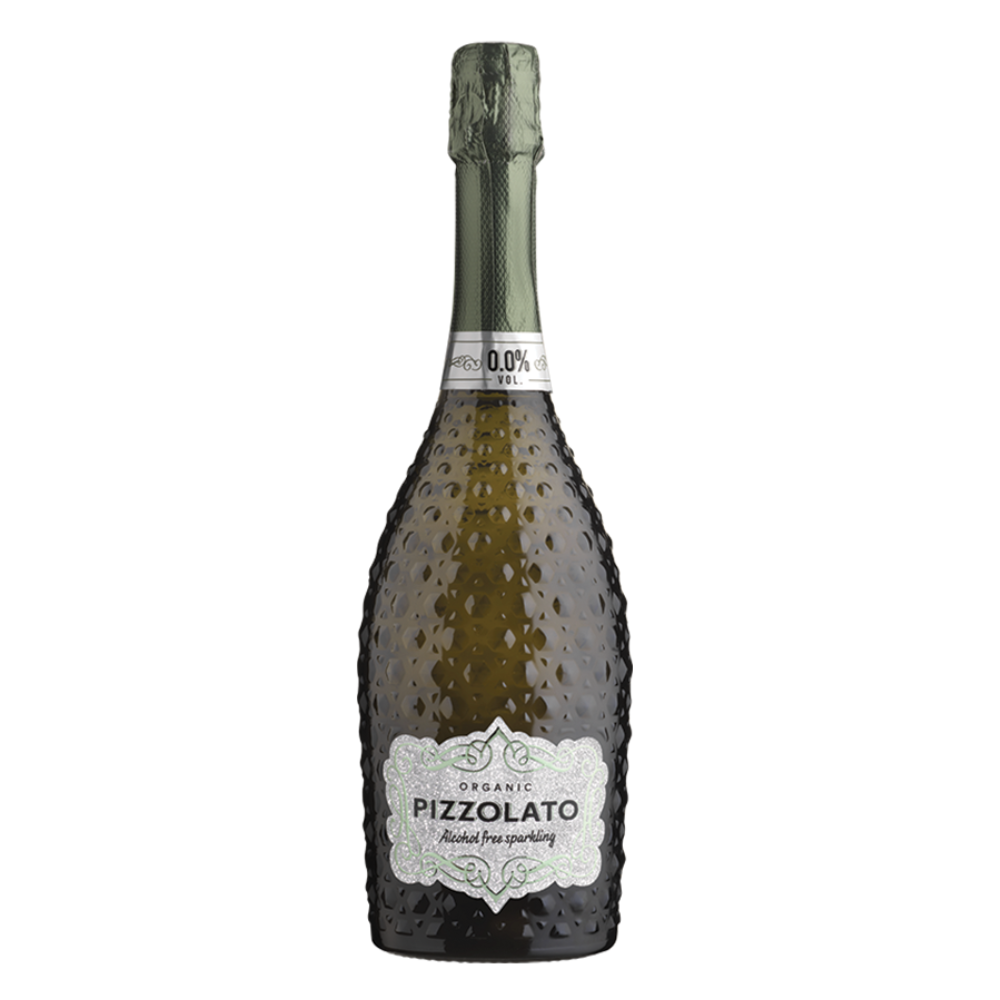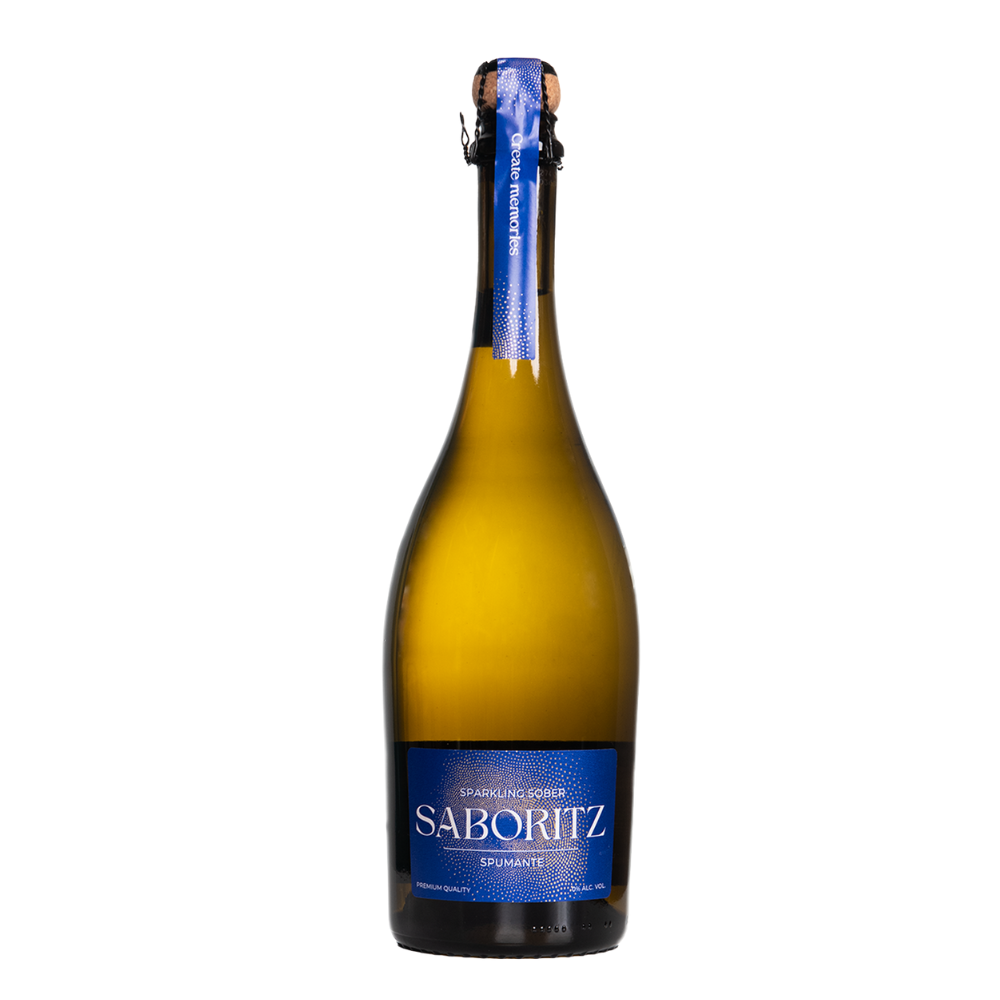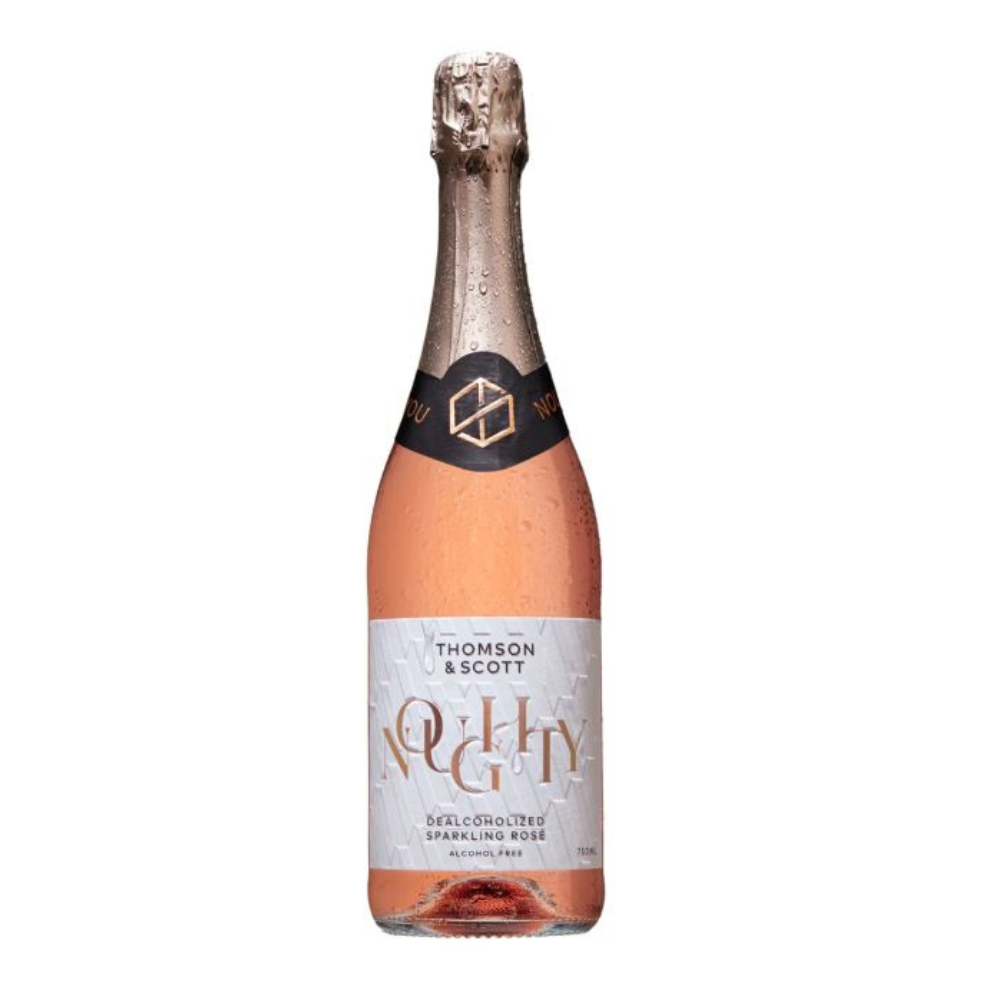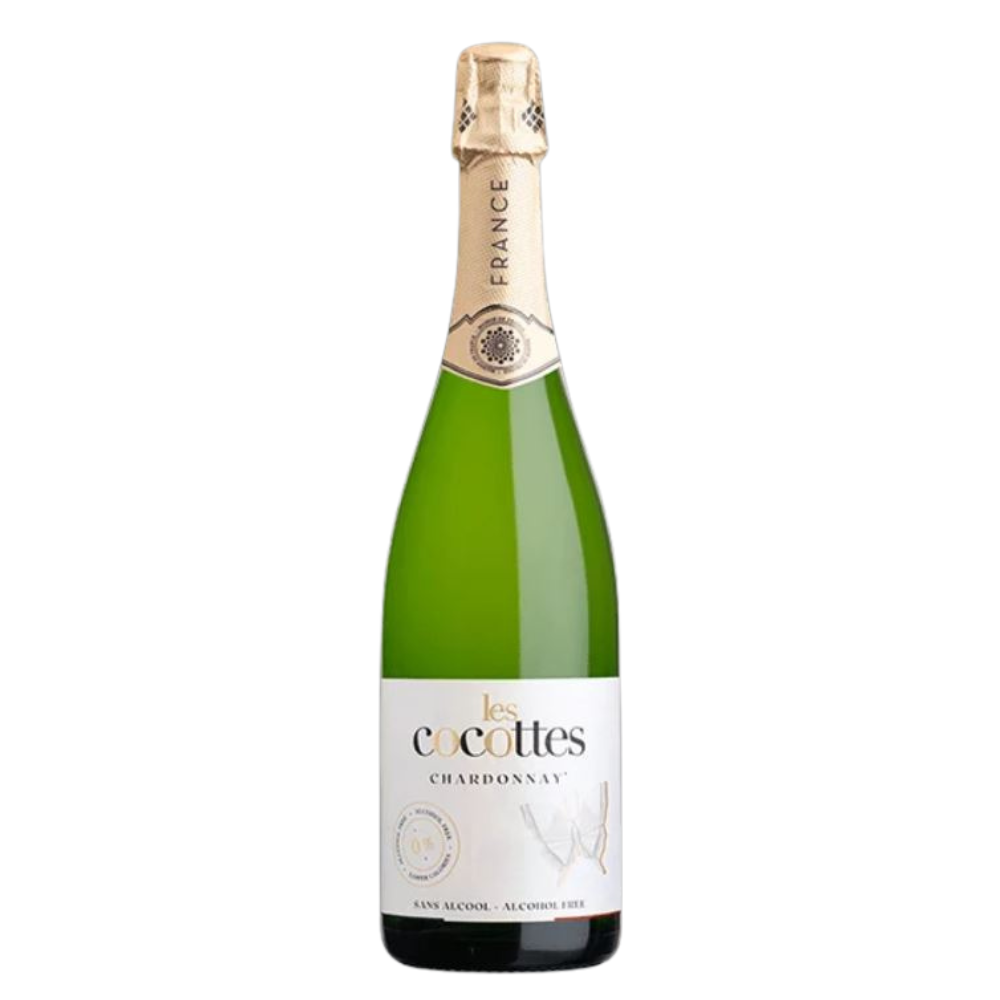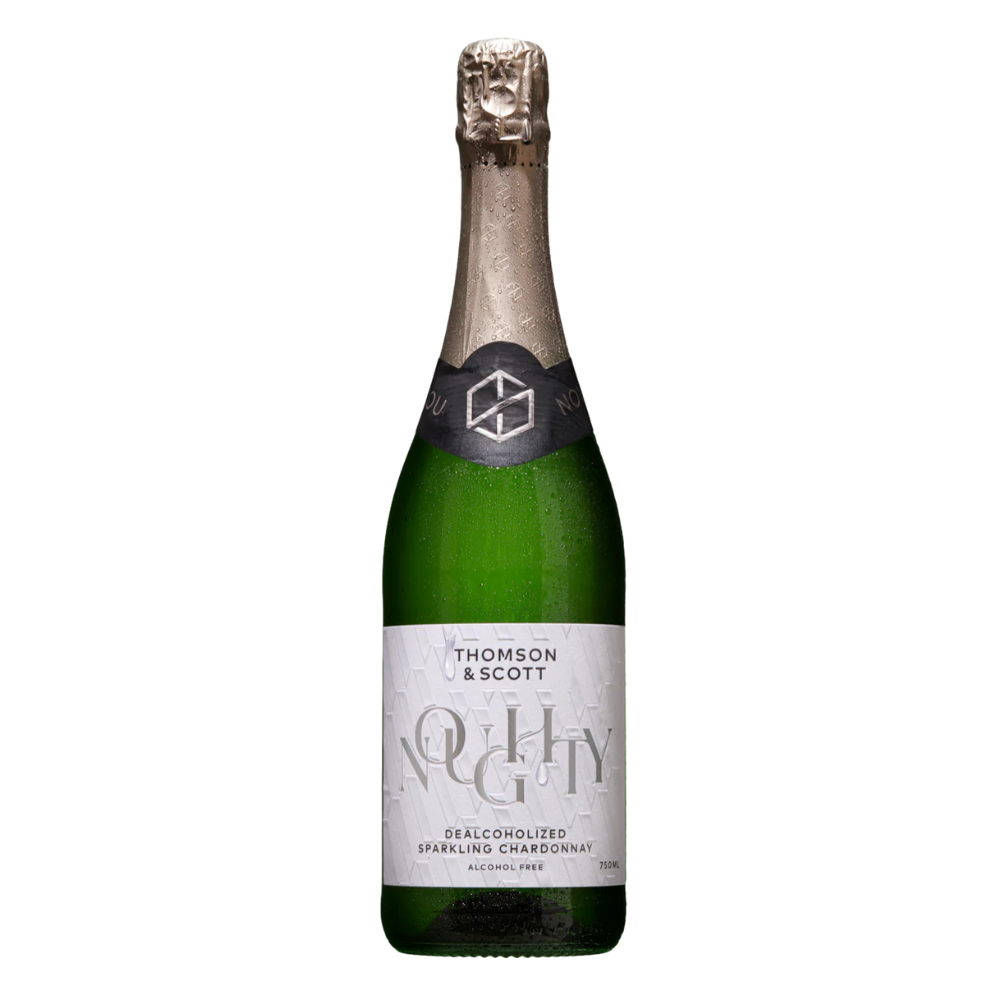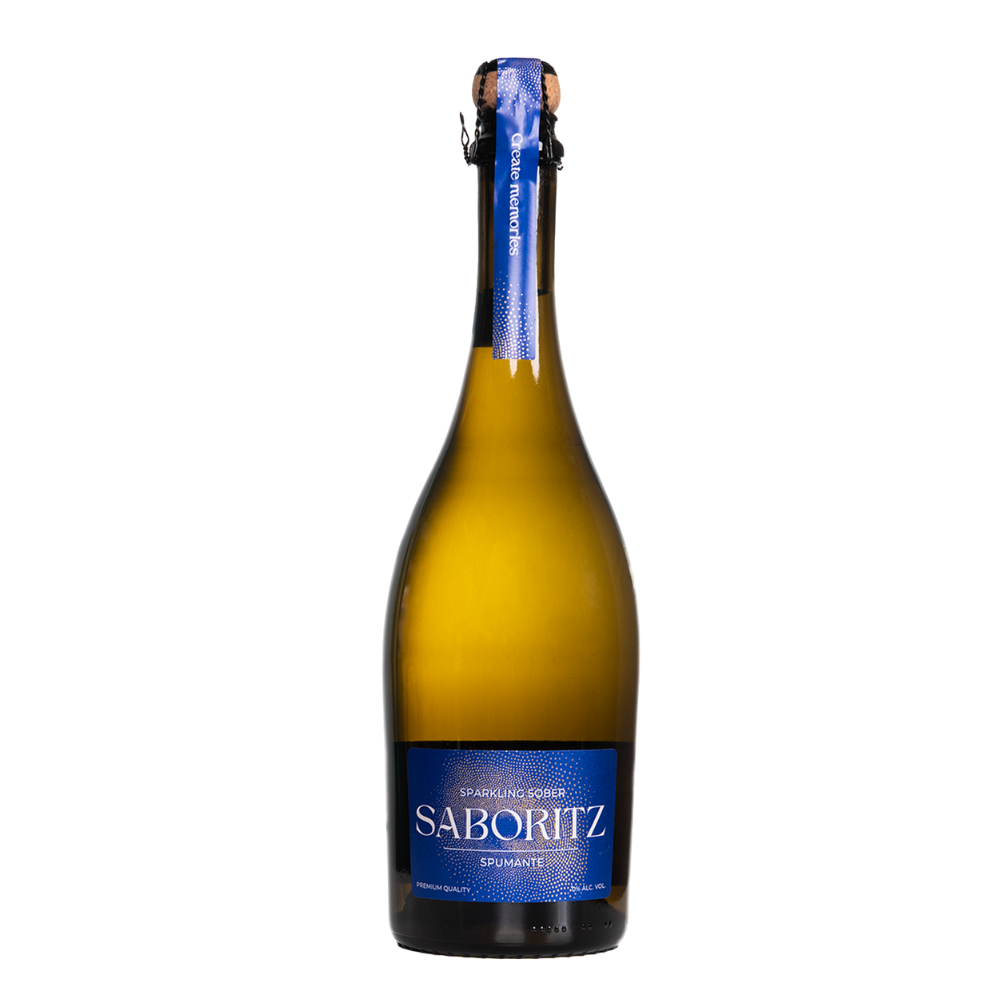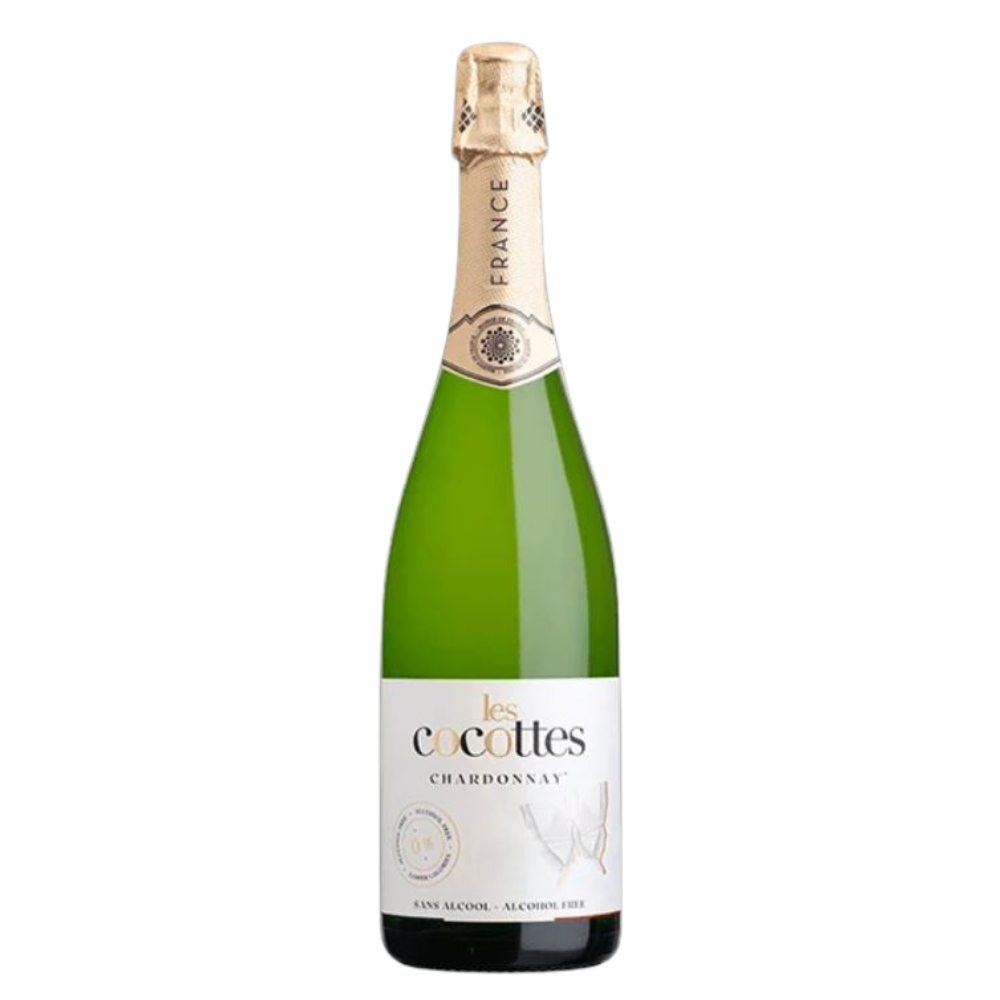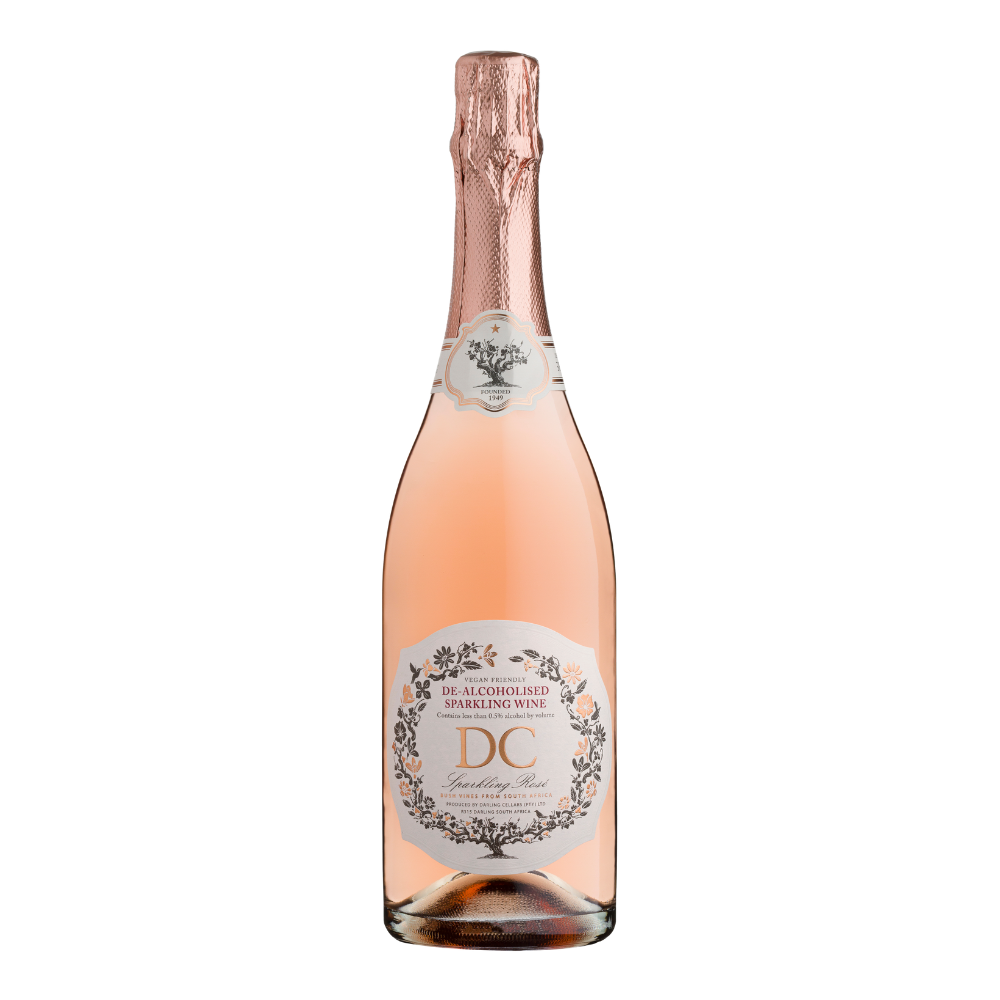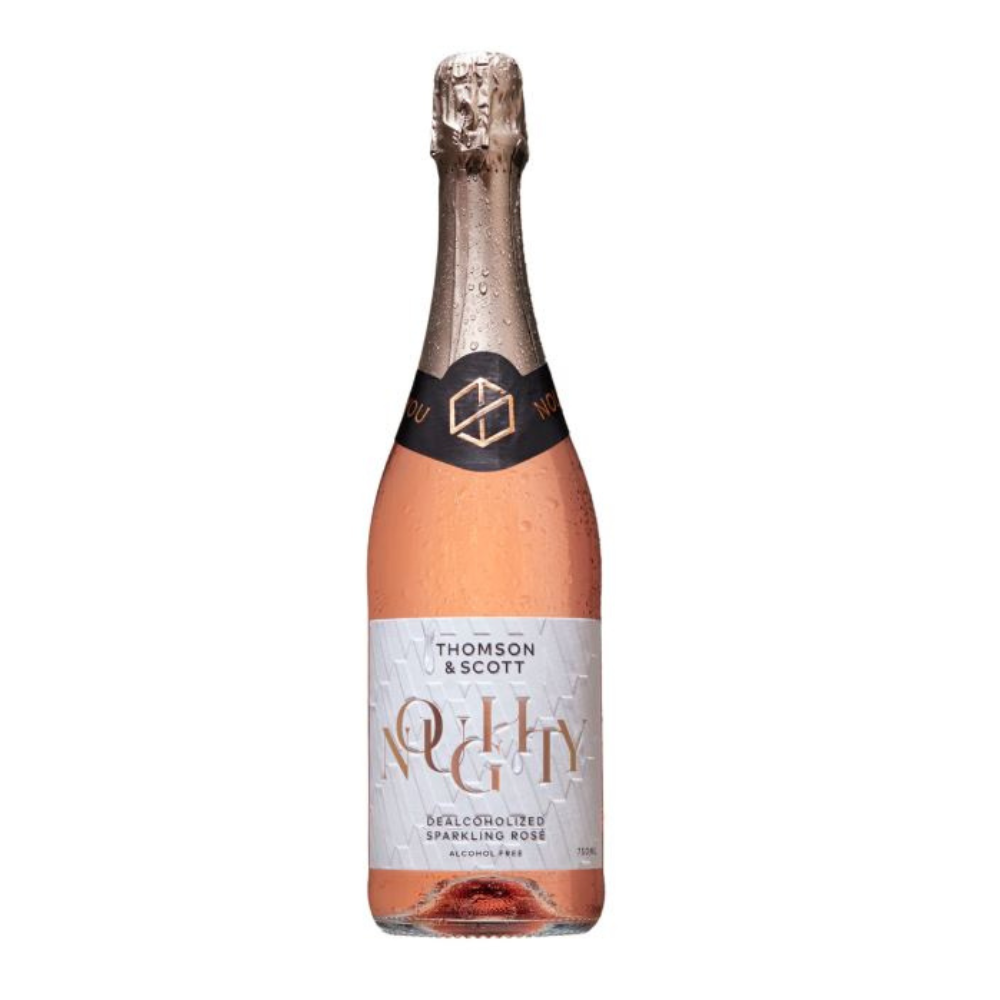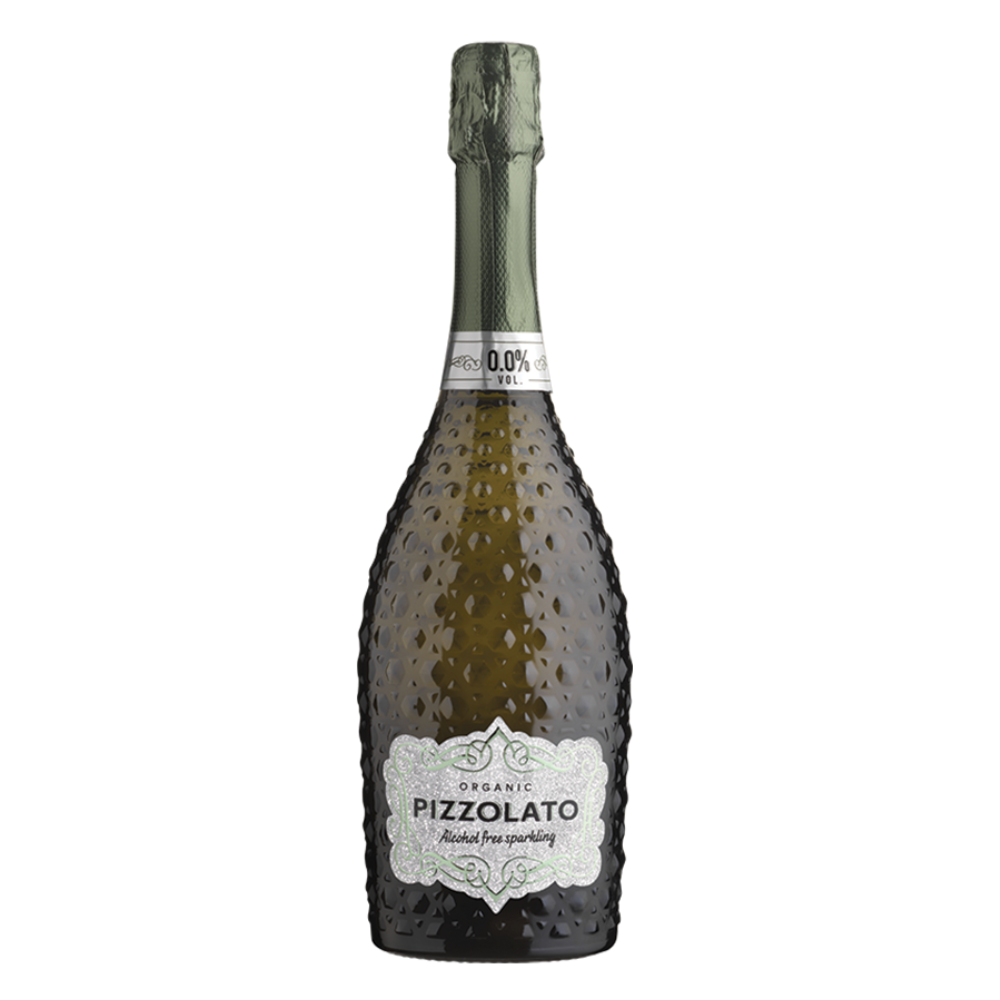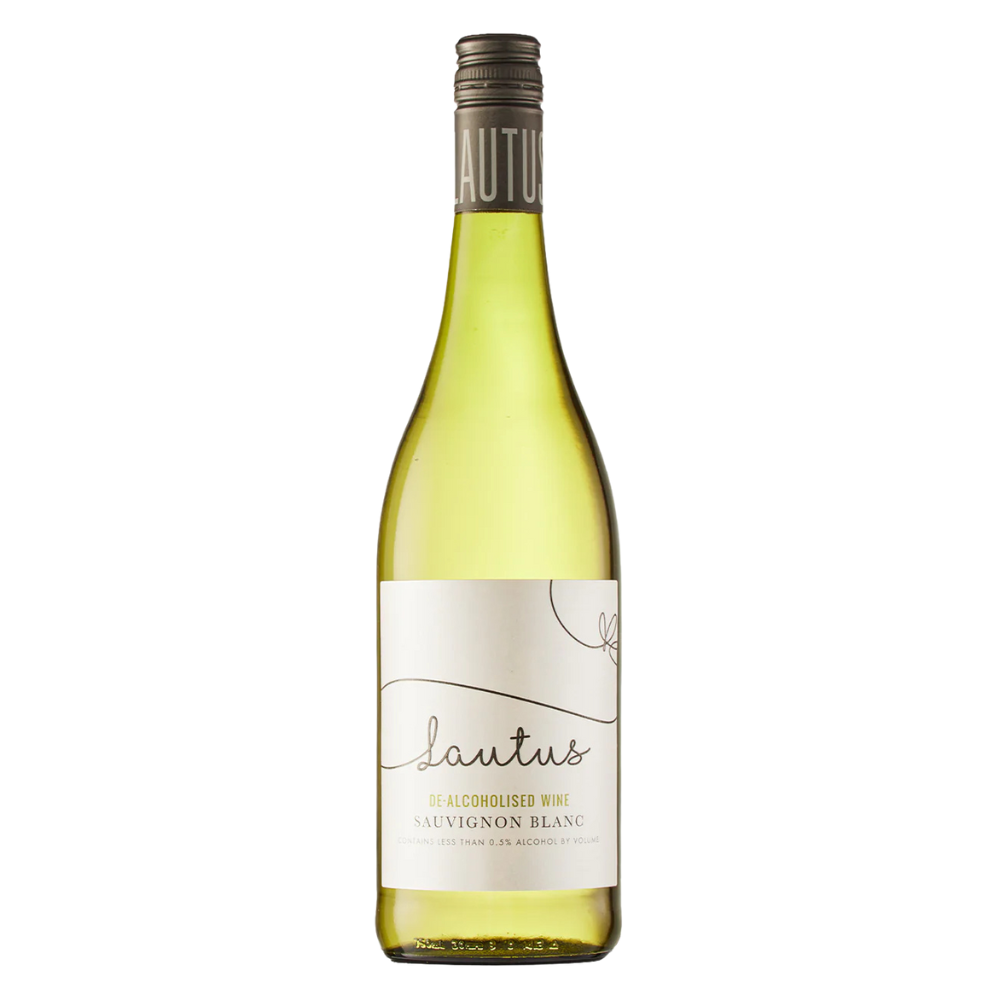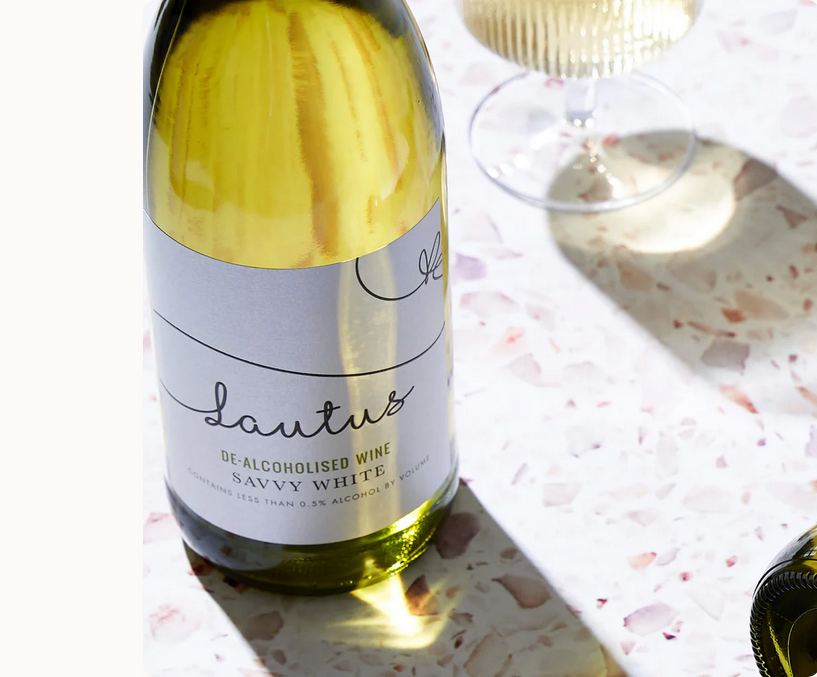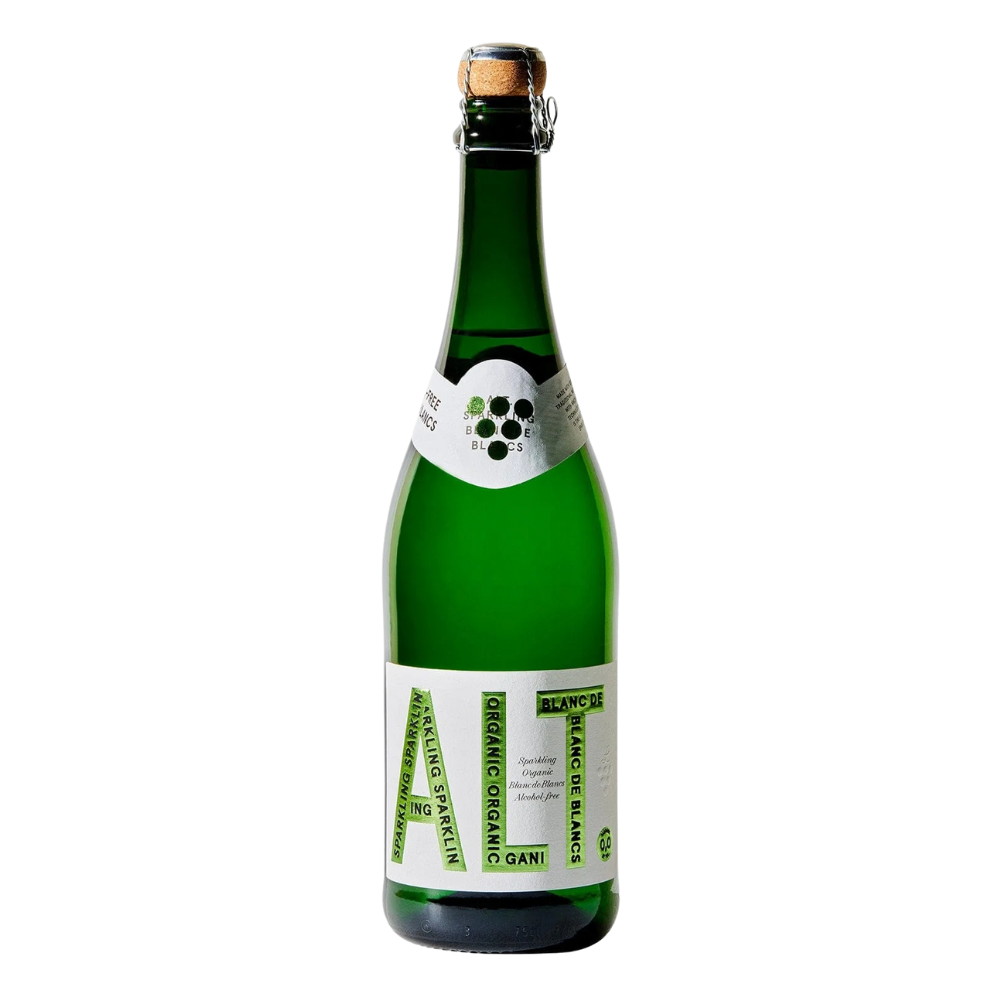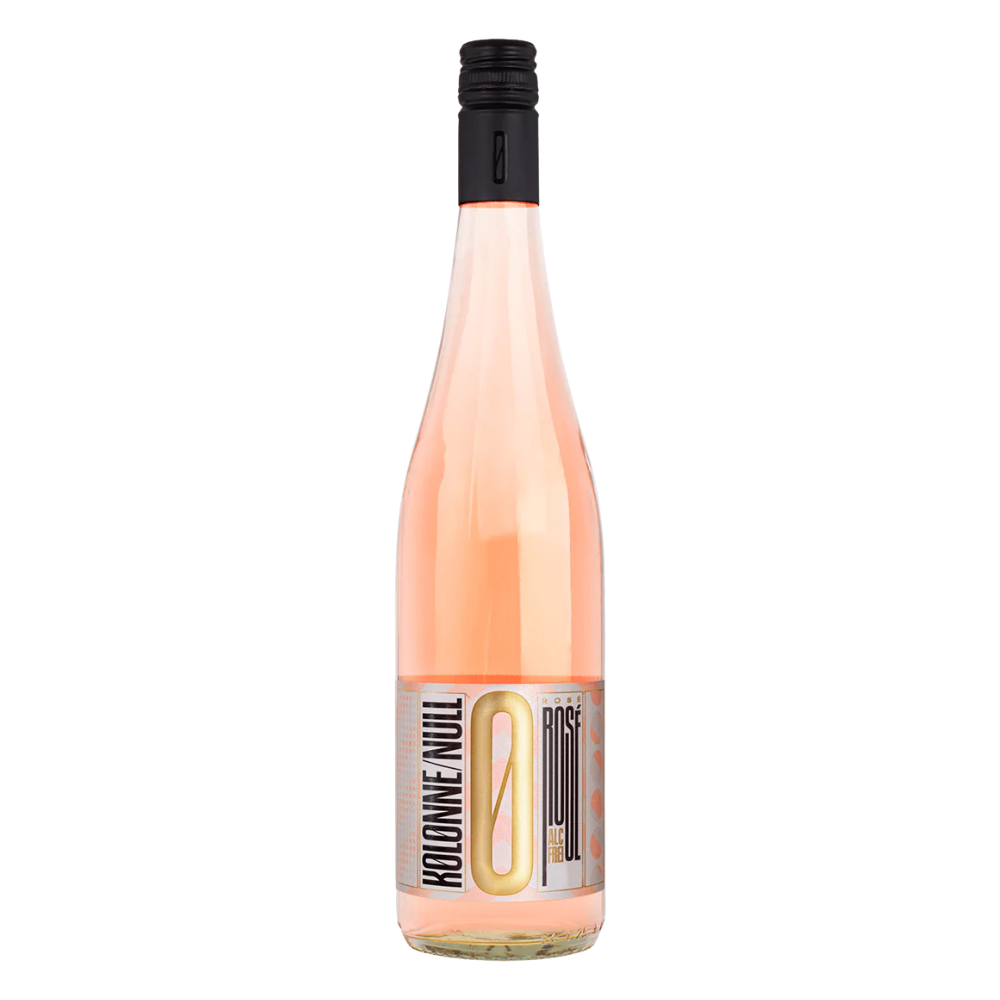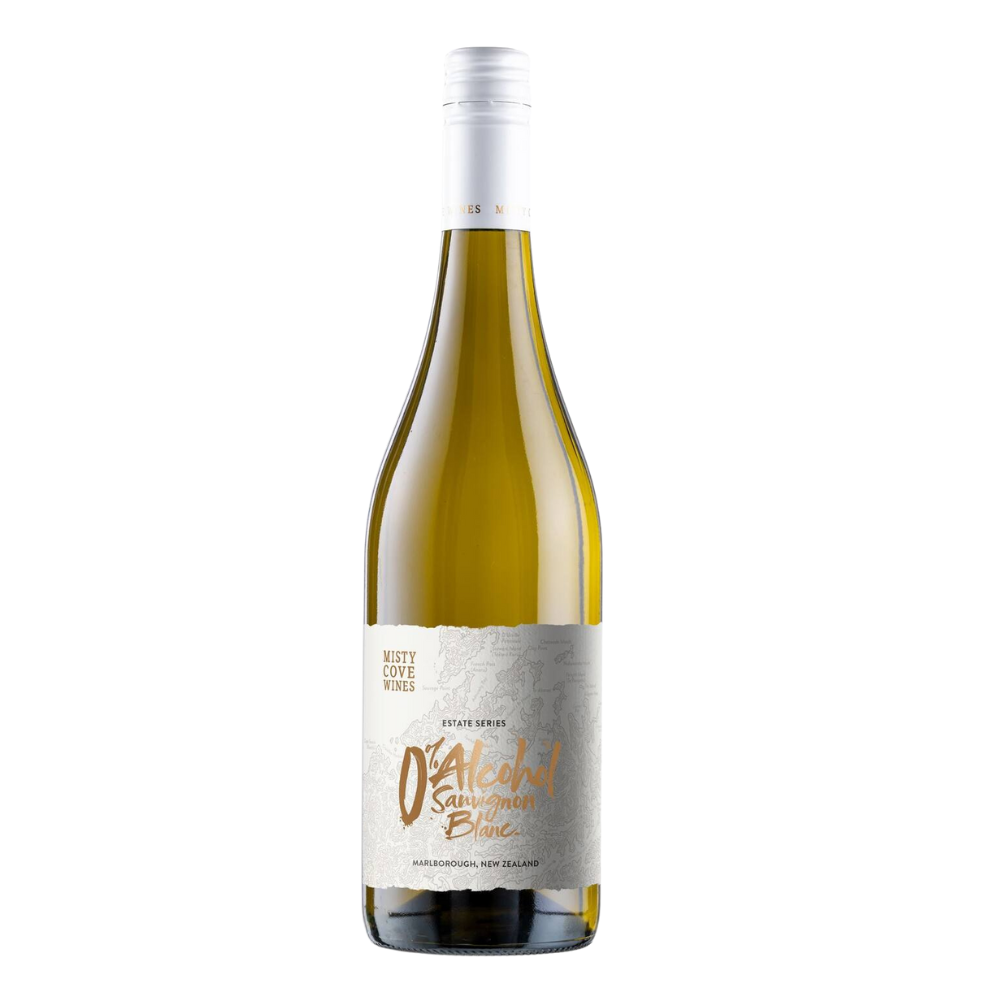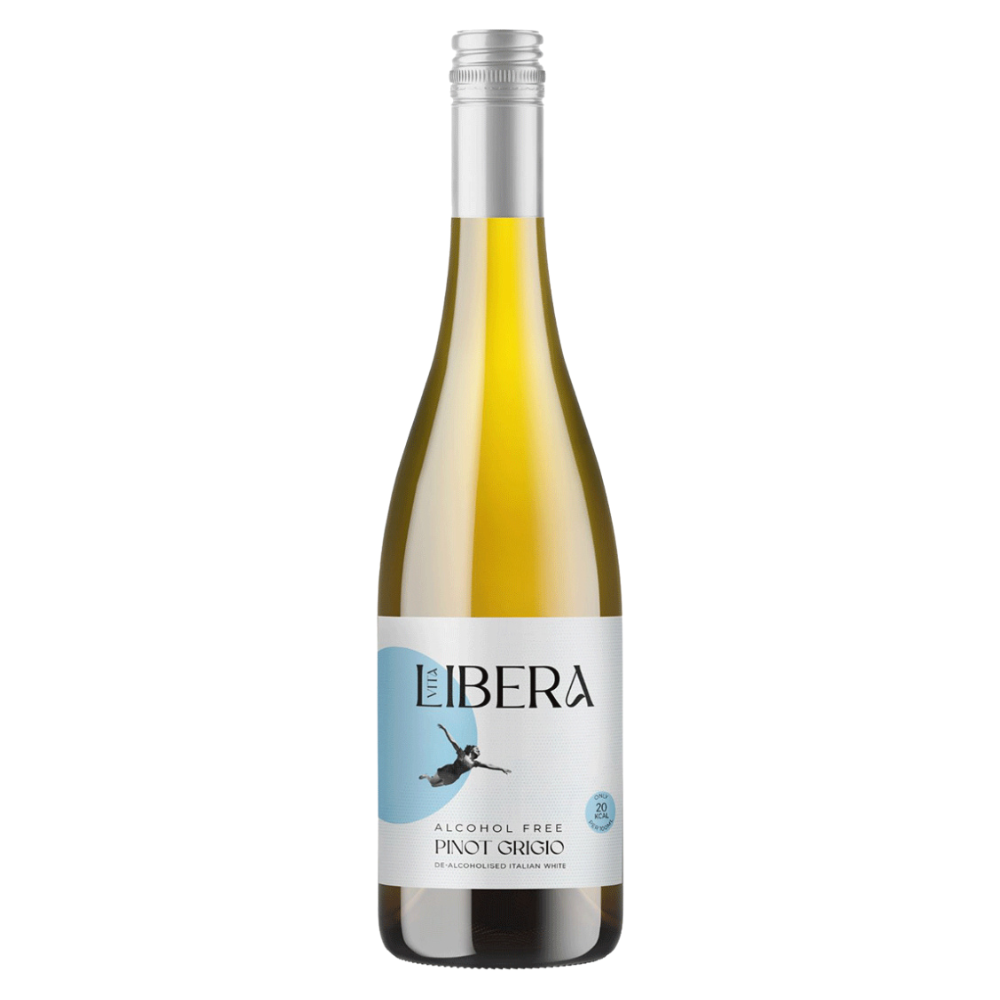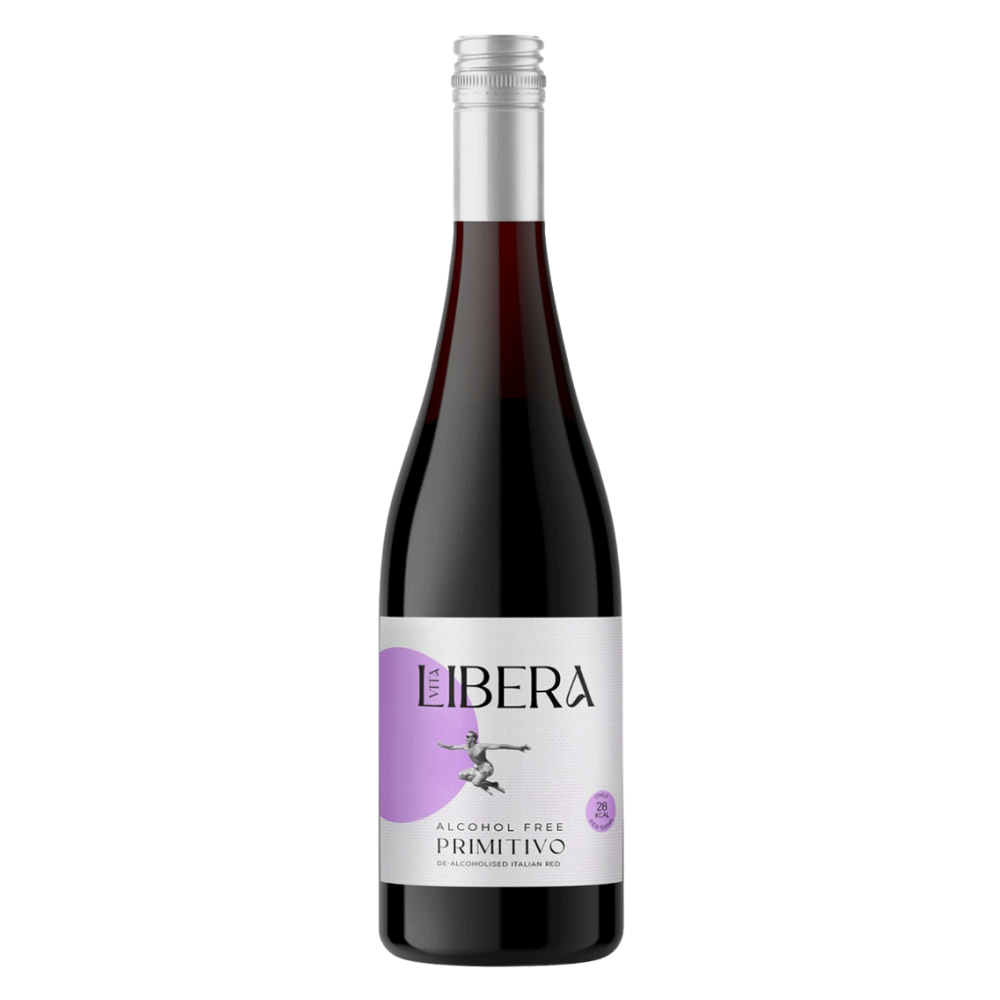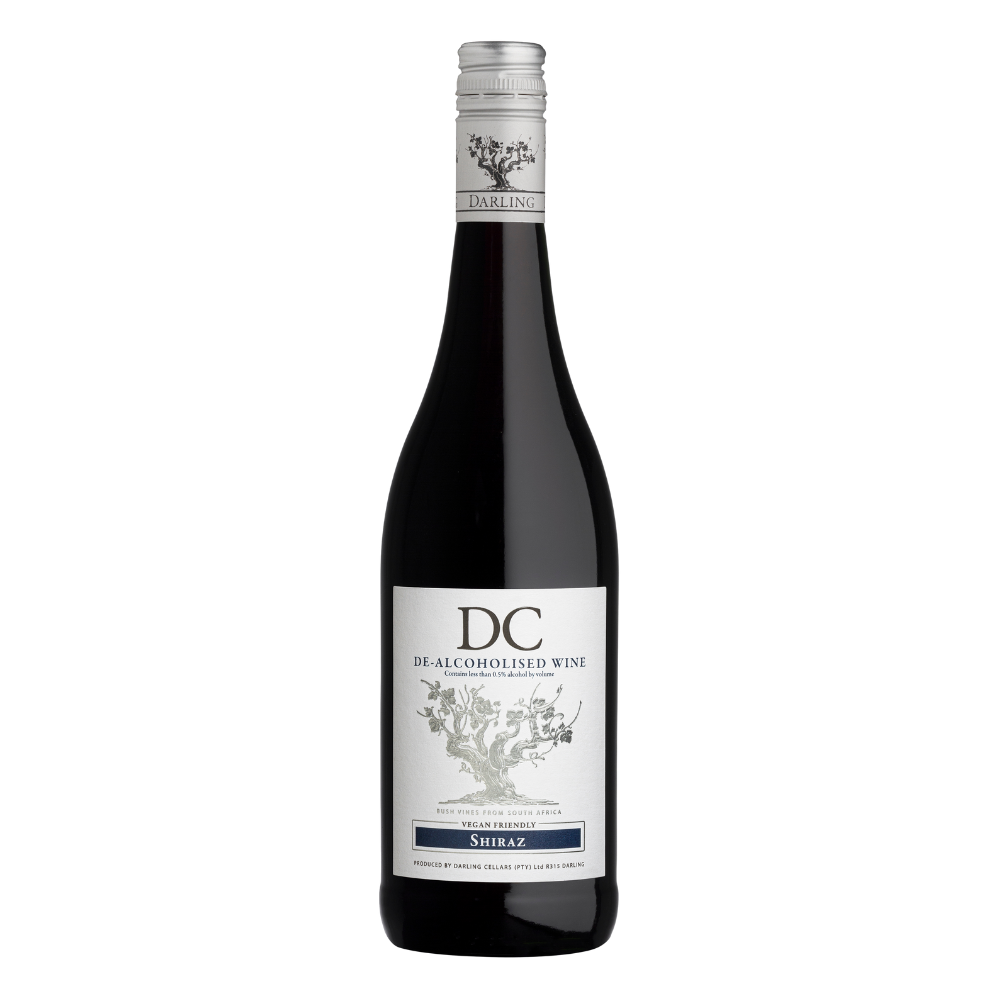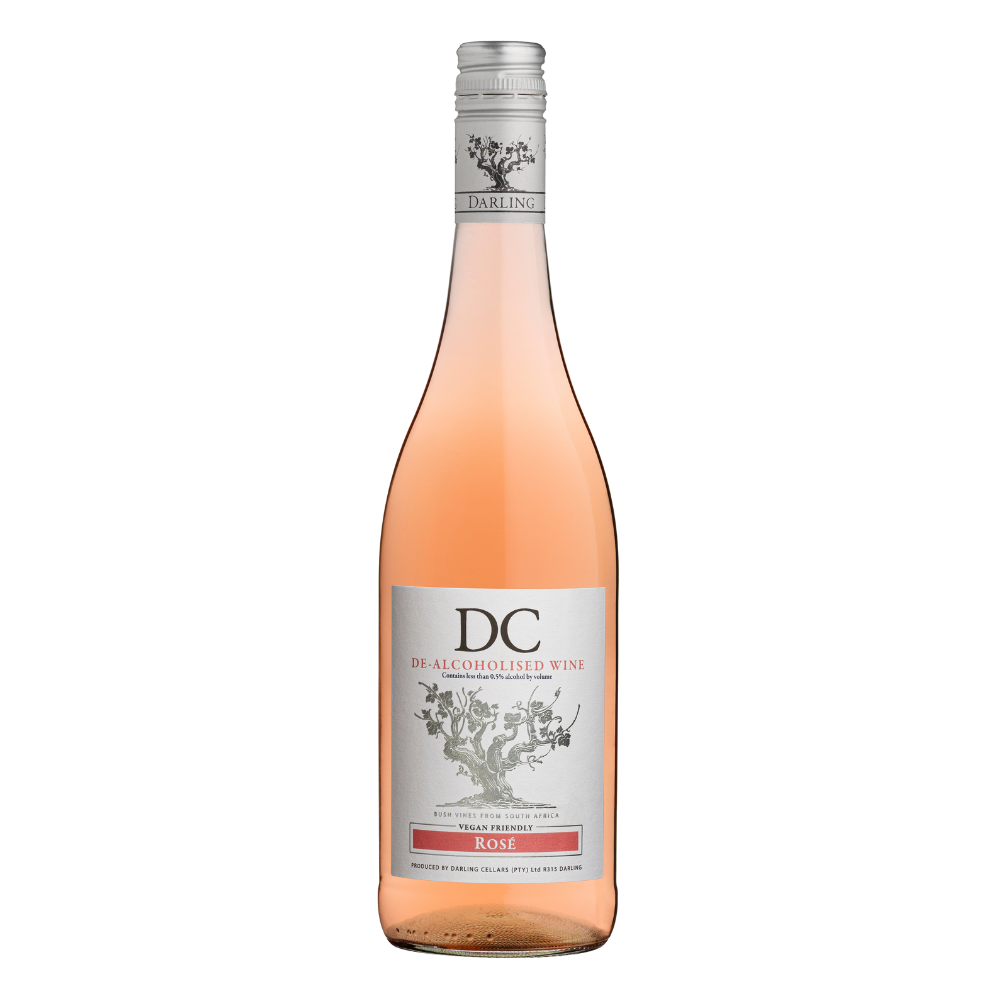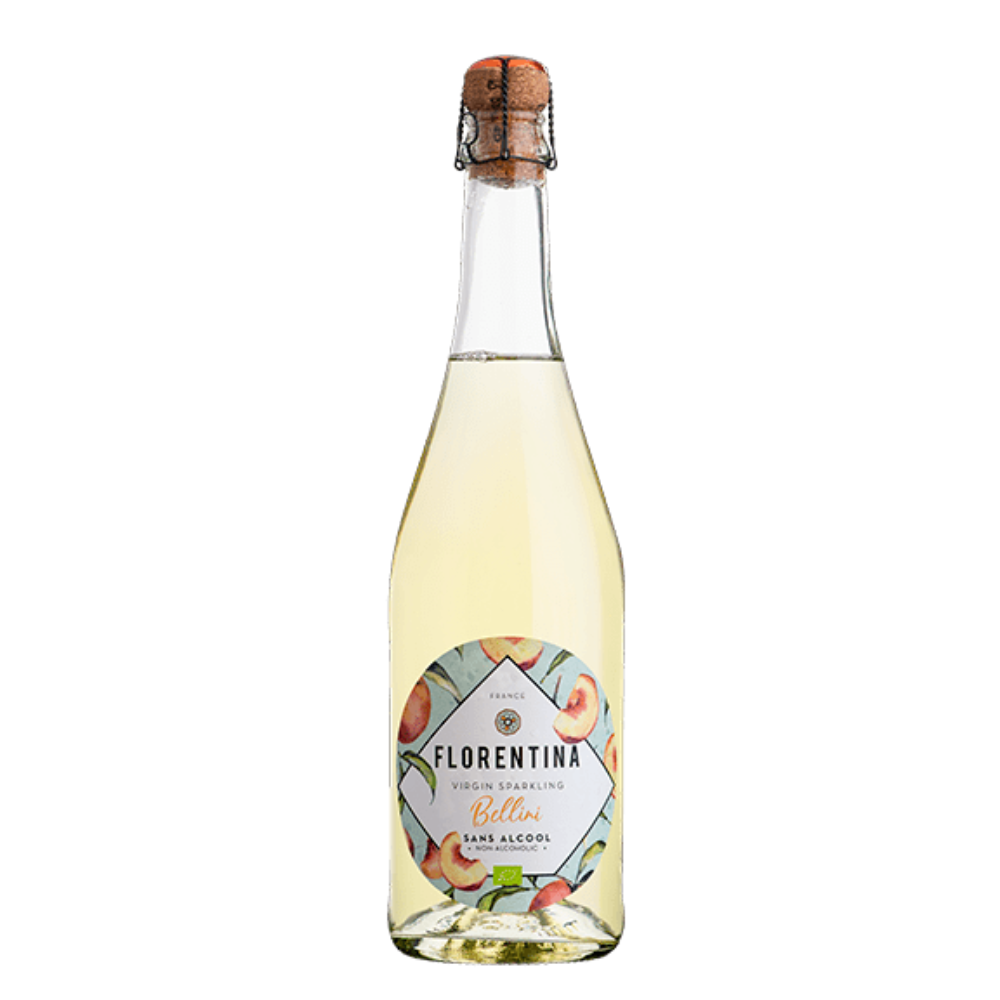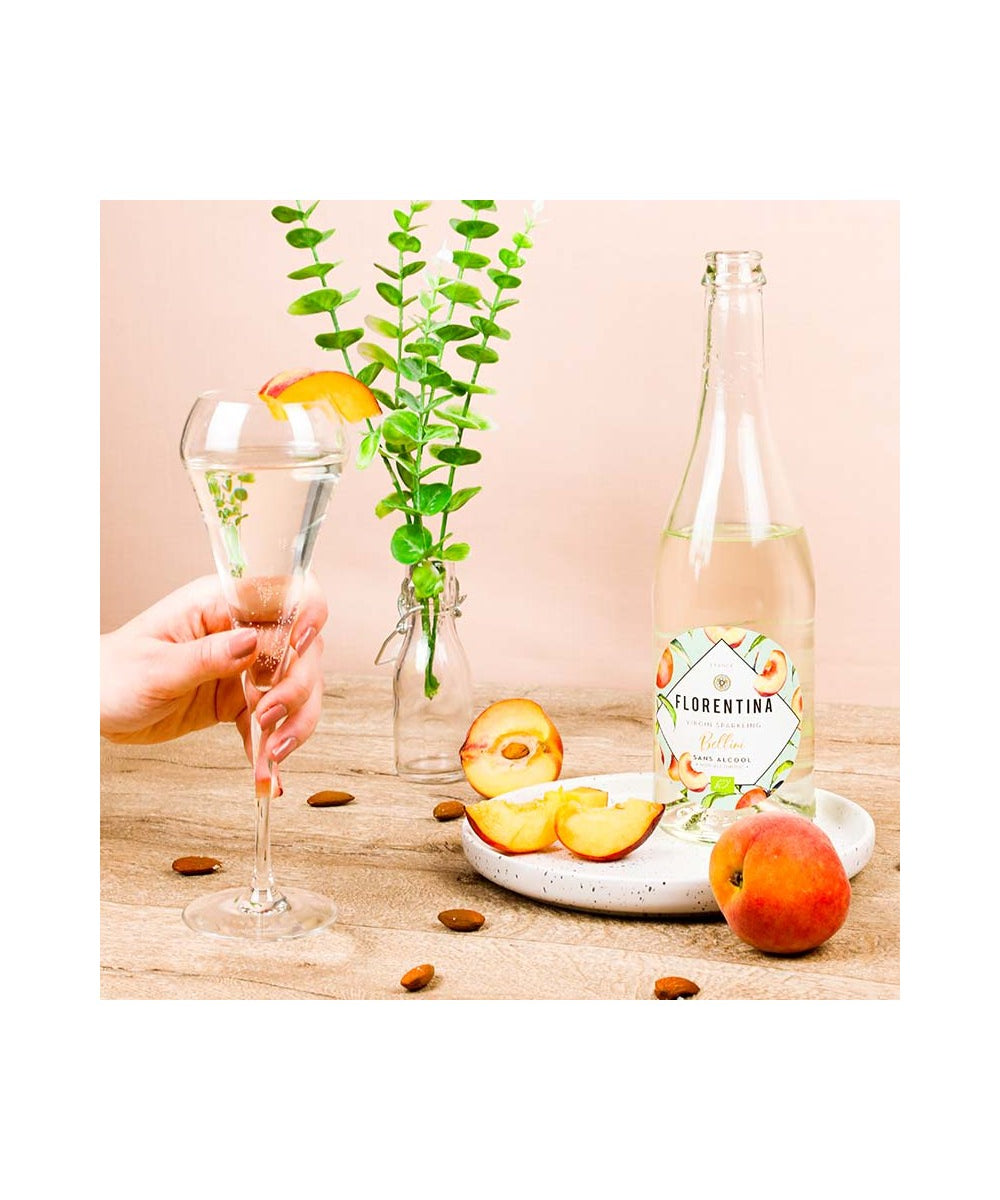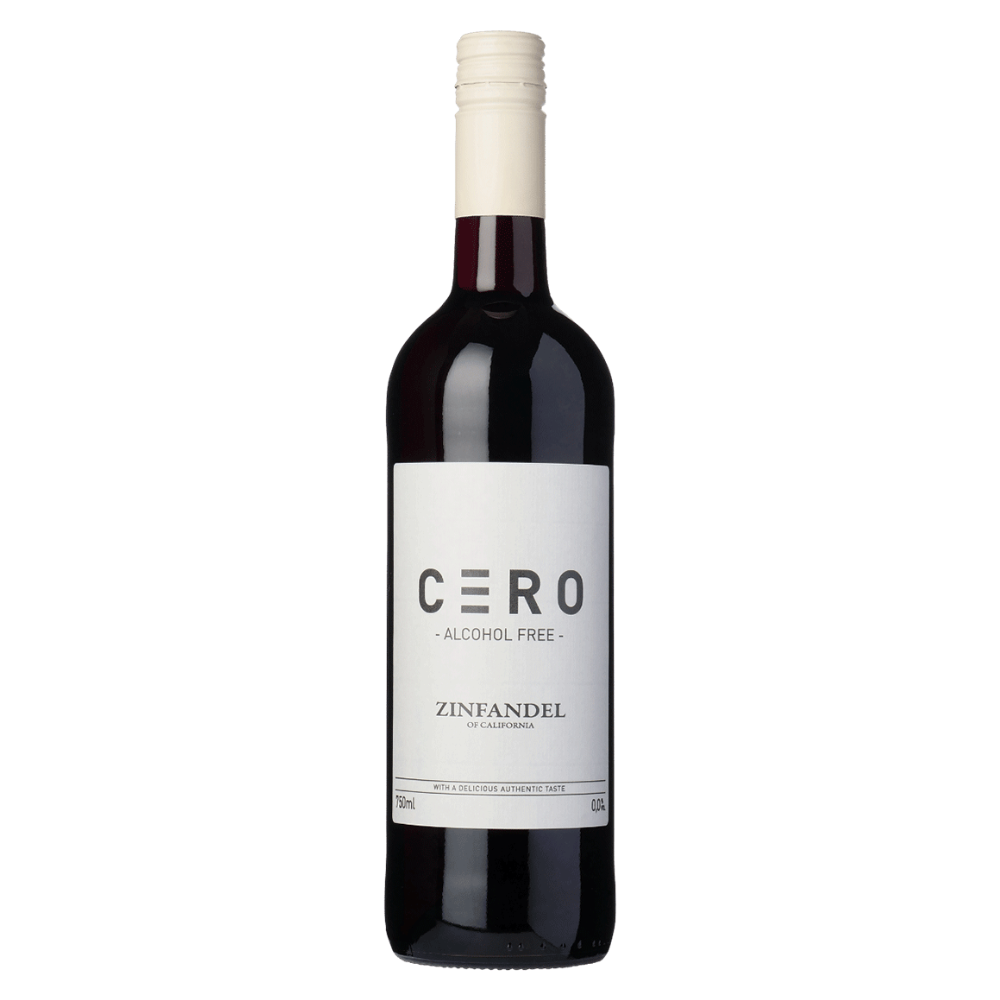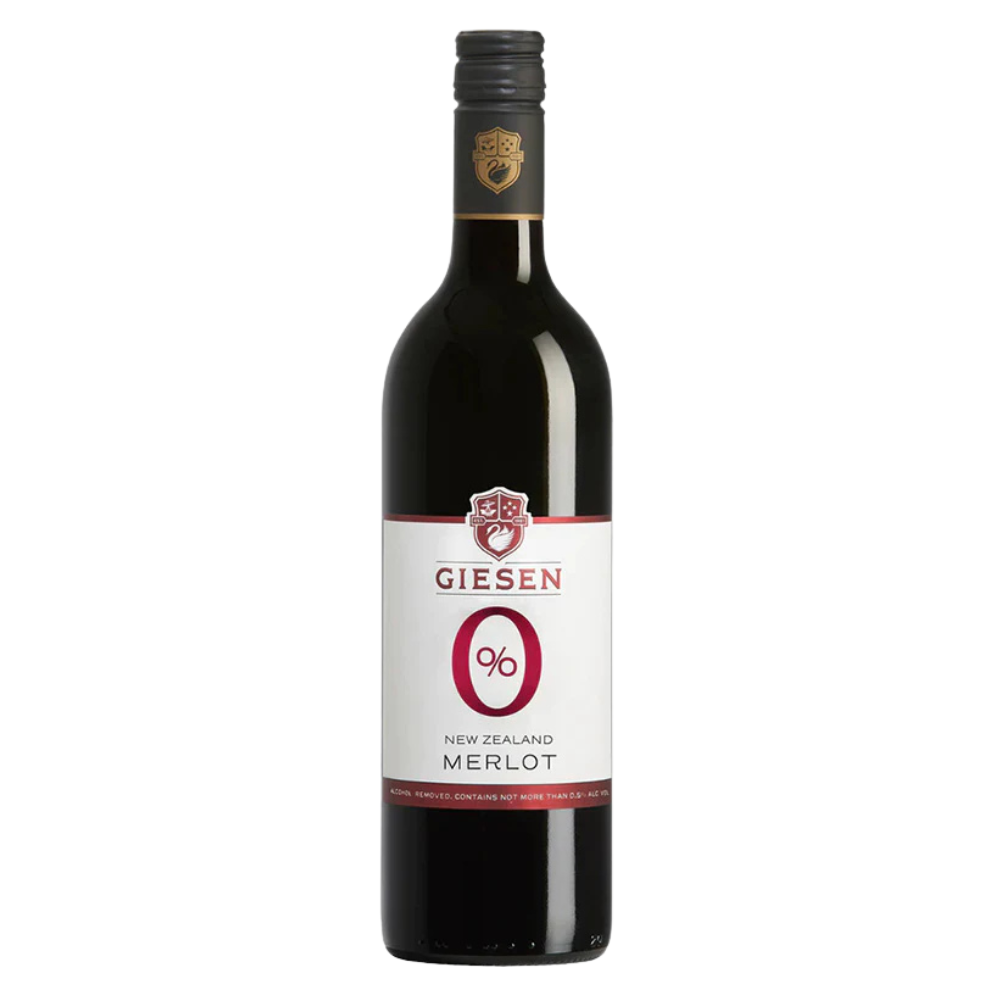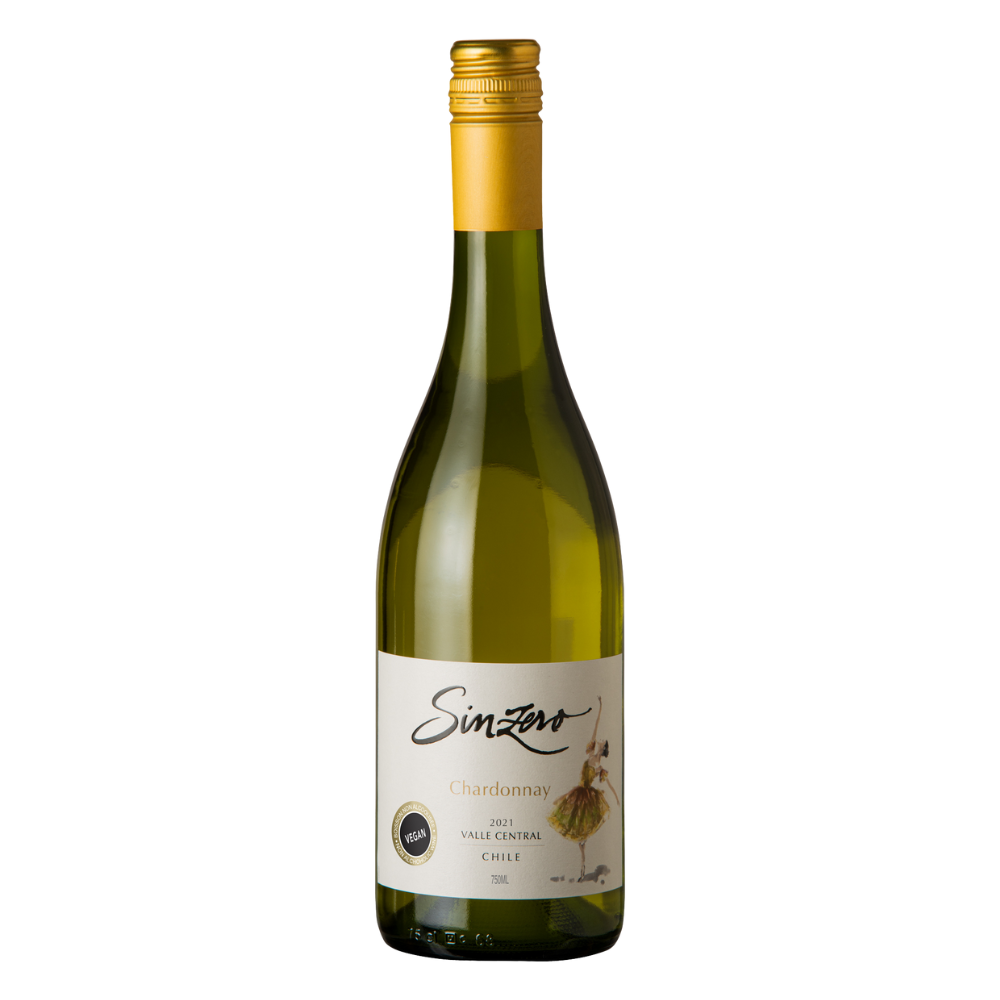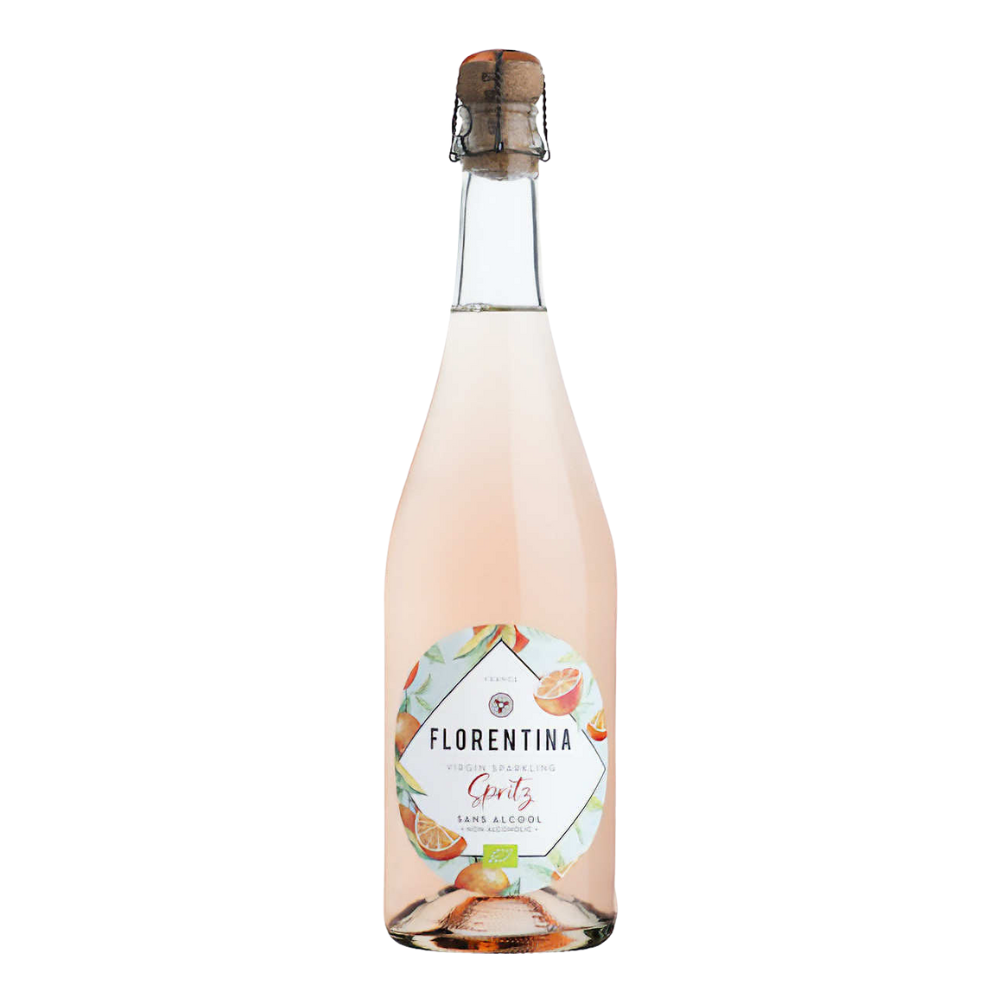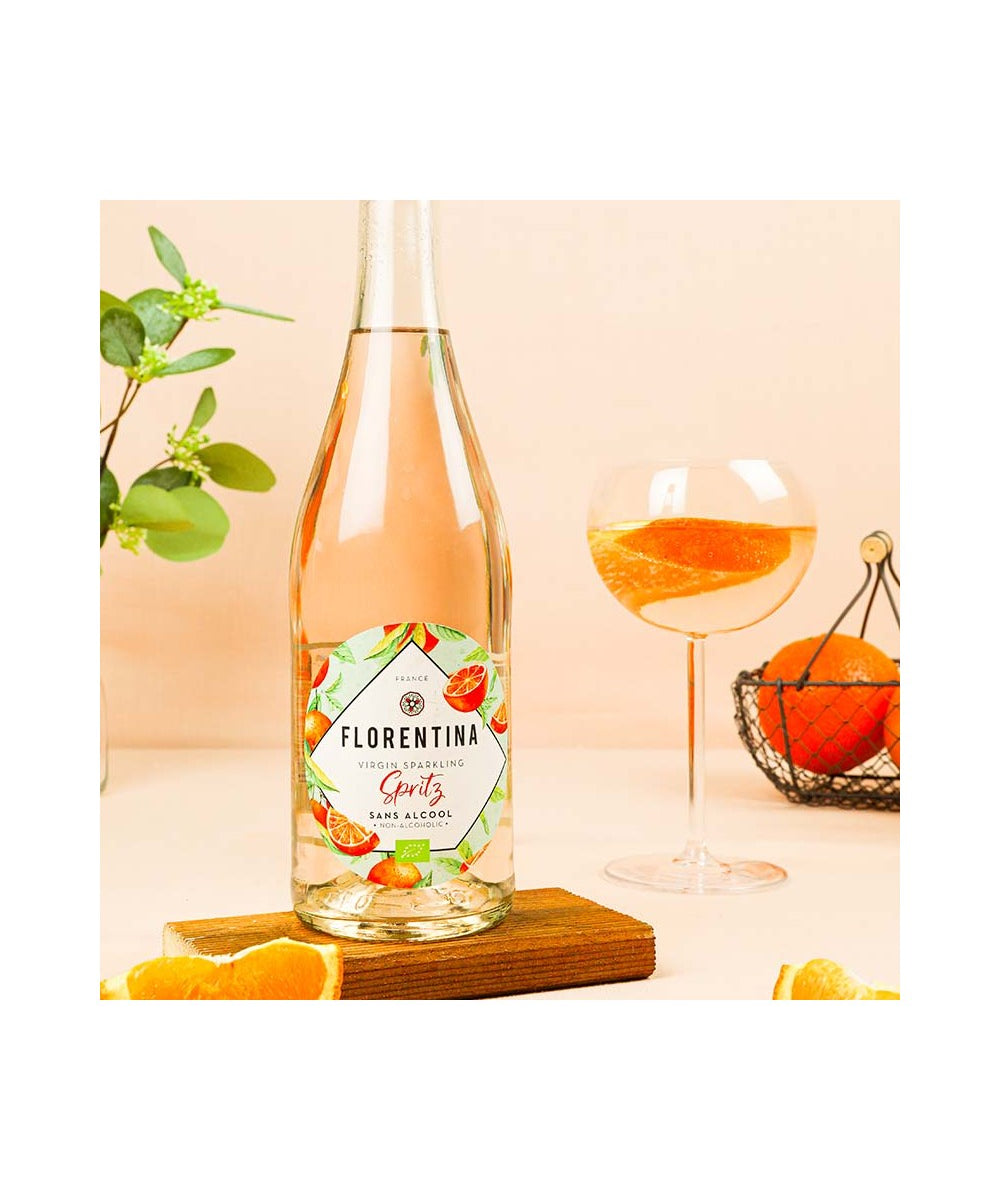Store
What Our Customers Say
Most Popular Products
Frequently Asked Questions About Non-Alcoholic Drinks
How Are Non-Alcoholic Drinks Made?
Non-alcoholic drinks are produced using one of the following methods:
1) Dealcoholization of an alcoholic beverage
This method is typically used for non-alcoholic wine. First, traditional wine is produced, and then the alcohol is carefully removed using one of several technologies — vacuum distillation, reverse osmosis, or the spinning cone method.
2) Production without fermentation
This method is more commonly used for non-alcoholic spirits. The drink is created from botanical distillates, extracts, and other ingredients, without allowing alcohol to form during the process.
Are All Non-Alcoholic Wines Sweet?
No, today’s high-quality non-alcoholic wines are often dry or semi-dry. The level of sweetness depends on the production method and the producer. Quality non-alcoholic wines have a balanced taste and are definitely not overly sweet, you will find such wines in our range as well.
the Lack of Alcohol in Non-Alcoholic Drinks Replaced with Added Sugar?
No, quality non-alcoholic drinks are generally not sweetened to compensate for the absence of alcohol. Alcohol adds body, flavour complexity, and persistence — qualities that are difficult to fully replace. However, the best producers use other methods to maintain balance and depth of flavour, such as acidity, subtle bitterness, and natural extracts.
Some sweeter products may contain added sugar, but this is not a standard approach for all non-alcoholic drinks.
Why Aren’t Non-Alcoholic Drinks Cheaper Than Alcoholic Ones?
Their production is often more expensive — in many cases, the beverage is first made as a regular alcoholic drink, and then the alcohol is removed. This process requires additional technology, reduces volume, and increases production costs.
Moreover, non-alcoholic drinks are usually produced in smaller quantities and with a stronger focus on quality, which also raises the overall cost of the final product.
Are Non-Alcoholic Wines the Same as Grape Juice?
No, non-alcoholic wine is not the same as grape juice. Non-alcoholic wine is produced just like traditional wine — the grapes are fermented, creating a complex flavour profile. Afterwards, the wine is dealcoholized using specialized technologies.
Grape juice, on the other hand, is not fermented, it’s simply pressed from grapes, resulting in a sweet, fruity flavour.
Non-alcoholic wine differs from juice by having less sugar, a more complex taste and structure, notes of acidity and bitterness, and a texture and aroma similar to traditional wine.
That’s why non-alcoholic wine is ideal for those seeking the same refined experience as classic wine just without the alcohol.
How Should Non-Alcoholic Drinks Be Stored?
The shelf life of non-alcoholic drinks depends on their type, ingredients, and packaging. In most cases, it’s similar to that of alcoholic beverages or even shorter, since they lack alcohol as a natural preservative.
Unopened bottles should be stored in a cool, dry place, away from direct sunlight, ideally at room temperature or slightly below.
After opening, non-alcoholic drinks should be kept in the refrigerator. Sparkling drinks are best consumed within 1–3 days, while wines and spirits should be enjoyed within about a week. Always check the “Best before” date on the bottle.
Are Non-Alcoholic Spirits Meant to Be Enjoyed on Their Own or in Cocktails?
Most non-alcoholic spirits work best in cocktails, where their aromas and bitter notes interact beautifully with other ingredients. Some can be served on the rocks, but they are generally designed for mixing.
Can Pregnant Women, Children, and People Taking Medication Drink Non-Alcoholic Beverages?
In general, yes — especially when it comes to drinks with 0.0% alcohol.
However, pregnant women and people taking medication should always consult their doctor before consuming any such drinks.
For children, it is strongly recommended to offer only drinks that do not imitate alcoholic beverages — such as lemonades or juices.
What’s the Difference Between “0.0% Alcohol” and “<0.5% Alcohol”?
0.0% means that the drink contains absolutely no alcohol, while <0.5% means it contains a very small amount — up to 0.5% by volume. Both types are legally considered non-alcoholic according to Latvian and EU regulations.
How Should I Choose a Non-Alcoholic Drink If I’ve Never Tried One Before?
Start with what you already enjoy — sparkling wine, white wine, spritz, or gin? Look for a similar non-alcoholic version. For beginners, we recommend trying sparkling wines or cocktail sets. Pay attention to the sugar content and flavour descriptions — and most importantly, have fun experimenting!
